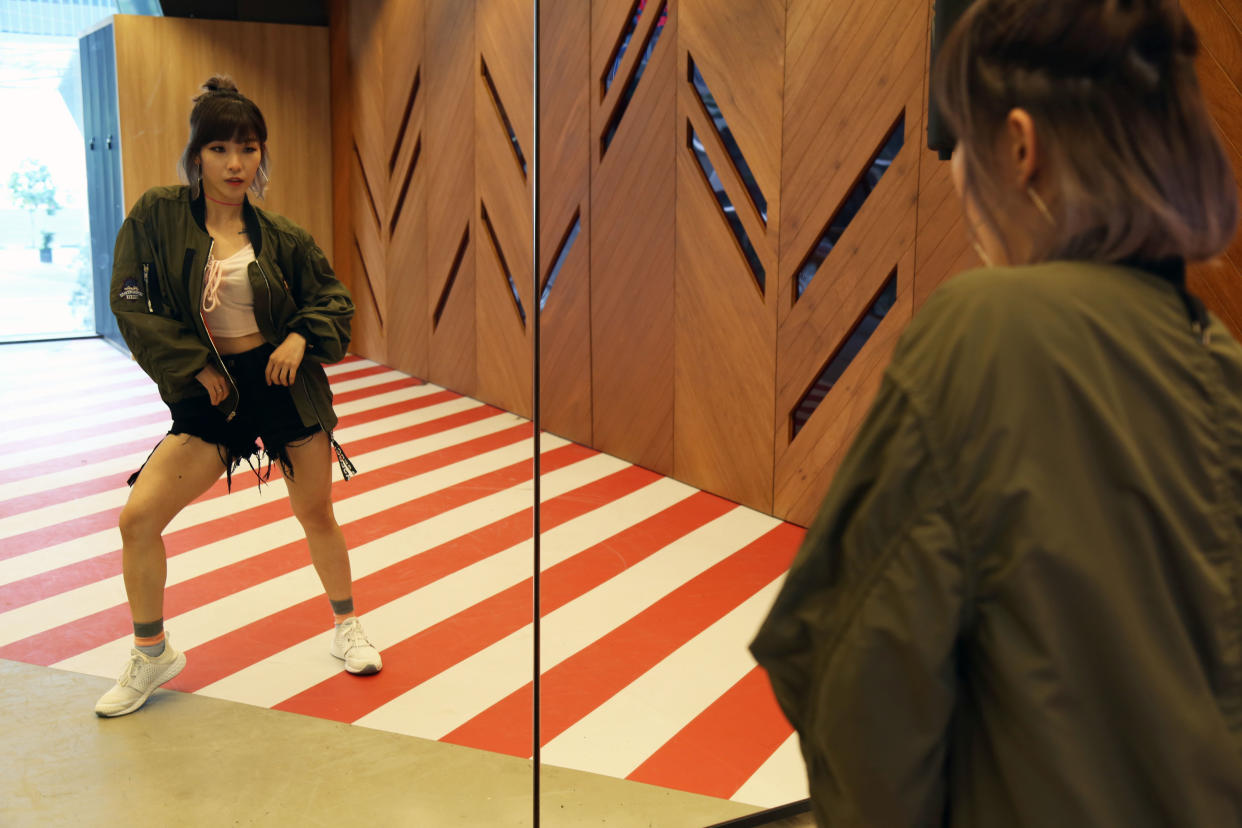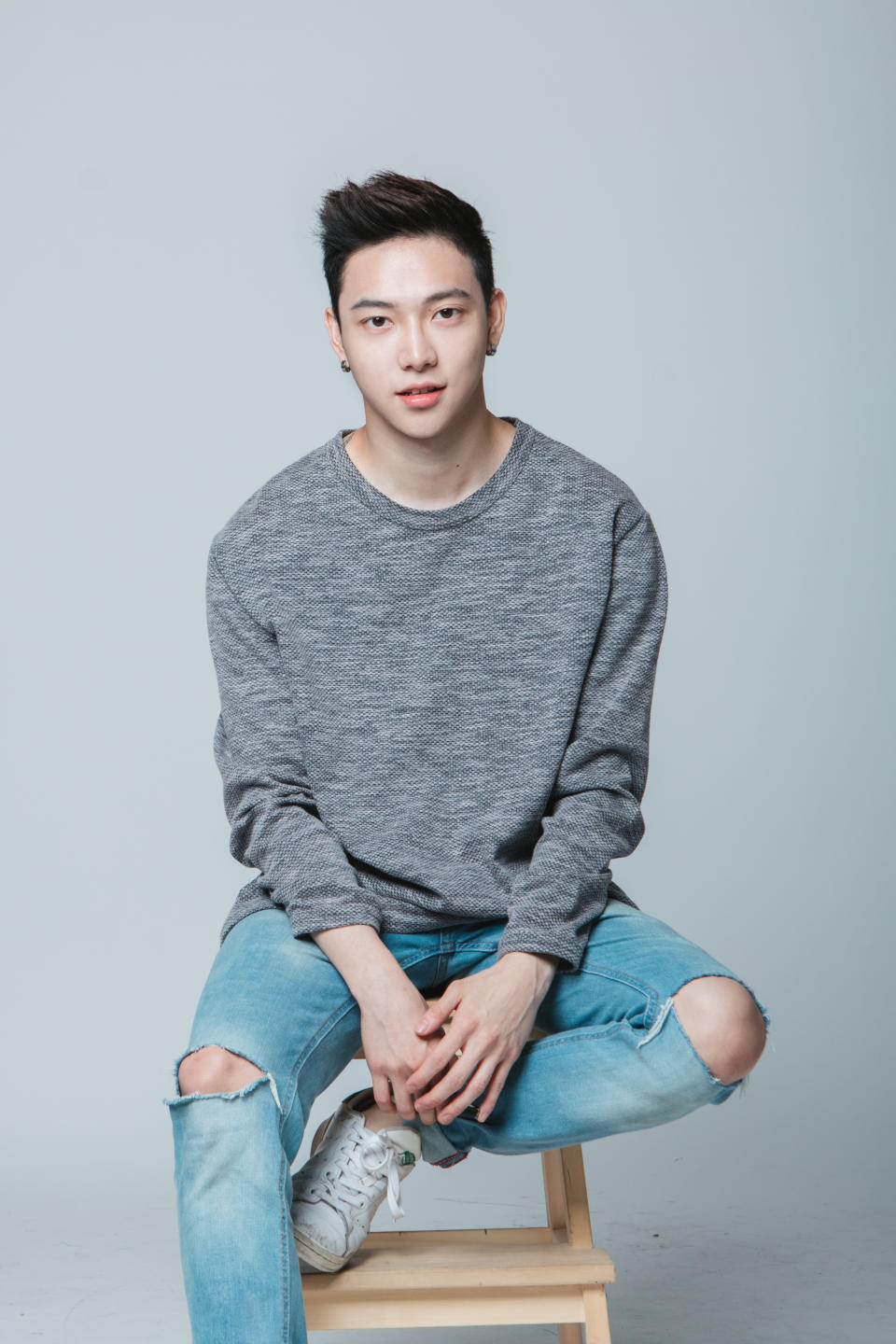Singapore’s K-pop idol hopefuls: Still holding on to the dream?

The road to K-pop stardom is not an easy one. For those who love to perform or aspire to become like their favourite K-pop idols, they often find it hard to keep chasing their dreams when faced with certain realities.
Maressa Zahirah was 22 years old when she got through the Singapore audition for the first season of TV program ‘K-pop Star Hunt’ in South Korea in 2011– and she was the oldest contestant in the competition. She went home after it ended, but two months later she bought a one-way ticket to Seoul and spent a month there going for live auditions.
She auditioned for companies ranging from industry giants such as JYP Entertainment and SM Entertainment to smaller ones that people hadn’t heard of back then such as Jellyfish and BigHit, but only one called her back for the next round of auditions.
Ageism
Maressa said the agents hinted that her age (she was 23 by then) was an issue. “While they didn’t outright reject me because of my age, they said ‘you probably need a bit more time with your dance which we might not be able to do…’ and he just tapered off, so I got the hint. Well, apparently kids there start auditions at like 10 or 12 years old,” she said.
Another way she tried to get into the industry was through connections she made with the trainers she met on ‘K-pop Star Hunt’. “They helped me send videos of myself performing to several agencies, and we heard back from a few. But when they found out my age they were like ‘okay, never mind’. It was really about the age,” she added.
When it comes to K-pop groups, youth is a well-known requirement. While many solo artists can get away with older ages, groups that have achieved a huge amount of popularity usually have an average age of in the early twenties. Recent examples include TWICE, Lovelyz and Seventeen.
Twenty-two-year-old student Ice (not her real name), who is currently studying in Korea and actively going for auditions in Korean entertainment companies, said that her “only regret in choosing this path is not having started earlier”.
Dance instructor and choreogapher Jojo Hung, 27, who was in reality TV show ‘Miss Korea: Julia and Jojo’ in 2015, also spoke about how she got demoralised as the years passed and she wasn’t getting any closer to “the K-pop idol dream”.
She said, “Once I hit my 20s, I started getting stressed already. The only ones who were getting callbacks from auditions were people who were taller, prettier, basically they had the ‘whole package’ already. It was demoralising to say the least.”
The three are just some of the many Singaporeans who have been gripped by K-pop fever over the past decade. Several auditions have even been held in Singapore for K-pop idol hopefuls. The most popular ones, drawing hundreds if not thousands, were the 2010 JYP-Alpha Entertainment auditions, as well as the tryouts for the mentioned ‘K-pop Star Hunt’ and ‘Miss Korea: Julia and Jojo’ shows.

Sacrifices
In the pursuit of the K-pop idol dream, Singaporean hopefuls have faced a lot of pressure to make sacrifices.
Maressa recounted an incident that she and fellow Singapore representative Jasmine encountered while on ‘K-pop Star Hunt’. She said, “We had our entire face – left, right, front profiles – examined by a trainer. He told Jasmine to fix her teeth, jaw and eyes. He told me that my features were too ‘typically foreign’, that my eyes were too big and my cheekbones weren’t very ‘Asian’. But he did suggest that I could fix my nose. At that time, I was so blinded by my [in]experience there that I just thought, ‘Wah, okay, maybe I should fix my nose’.”
She couldn’t afford to get anything done at that time, but she later realised that she shouldn’t have to change herself that much for her dream.
For 26-year-old Alfred Sng, an opportunity to debut as a K-pop idol came in 2011, but he learnt it would come at too high a cost. After going through the JYP-Alpha Entertainment auditions, he scored a contract with Alpha Entertainment and was almost ready to train to debut in a K-pop boy group, until it was time for him to enlist in National Service.
“The management company (Alpha) and I tried writing in to request for deferment, even went to the MP (Member of Parliament) for help. But I did some research on forums and realised that even national athletes don’t get deferment, so all the more they wouldn’t support those in entertainment,” he explained.
He tried to get enlisted as soon as possible, but said that delays in the process also made him less hopeful about pursuing the K-pop star route. According to Alfred, Alpha Entertainment found it “ridiculous” that he had to serve in the army and asked him if he could drop his citizenship.
“There was already an opportunity presented to me, and just because of something that we are all helpless against, it was all taken away. I was very disappointed, but also very certain that I didn’t want to give up on my citizenship for this,” he said.

To give up or not give up
Getting through an audition is only the start of an uphill battle for a K-pop star wannabe. One also has to go through notoriously rigorous training before one can make an official debut in the Korean entertainment industry. It is then that some people drop out.
Elaine Yuki Wong, who along with fellow Singaporean Ferlyn Wong beat 3,000 other hopefuls in 2010 in the JYP-Alpha Entertainment auditions, gave up her K-pop idol dreams less than a year later due to the punishing training schedule and lack of freedom.
Training for the girls in Seoul came in the form of a military-style boot camp where they were not even allowed to go to the bathroom without a minder. Their intense 14-hour days would start at 7am and involve hours of gym, dance, singing and swimming.
Talking about the rigours required, 25-year-old freelance singer Geneson Ang, who has tried out for the most popular K-pop auditions in Singapore over the years, believes he would have put up with the hardships. “I believe that if you truly love something, it shouldn’t matter how long and how tough your training gets. You have to train hard and follow through with your decision,” he said.
Singaporean Natasha Low, who together with Ferlyn made her debut in the now-defunct Singapore-South Korean girl group SKarf in 2012, is currently trying for a second chance at fame in Korea.
She is appearing in a reality girl group survival show ‘Idol School‘ competing amongst 41 female participants to debut in a nine-member girl group, based on popularity votes by the Korean public. The final episode of the show will be aired on 29 September via Korean television network Mnet.
According to Alfred, with whom she shared about her struggles in the Korean entertainment industry, “She was worried because she would be competing alongside a lot of young people on the show, which is considered like her ‘last chance’. She also mentioned that it’s only practical for her to stop her journey and maybe if this doesn’t work out, she might return to Singapore.”

Worth it?
Even after a debut, a K-pop idol will still have to face the stiff competition that is a hallmark of Korean’s entertainment industry. In 2012 alone, over 50 male idol groups made their debut in the K-entertainment industry, with only a handful (such as EXO, BtoB, B.A.P, VIXX and NU’EST) lasting till today.
G-Dragon, spent 11 years as a trainee (in SM Entertainment and YG Entertainment) before he made his debut as the leader of popular K-pop group BIGBANG in 2006.
In Singapore, some of those who have already gone through the journey to become a K-pop idol have moved on – Jojo teaches dance and choreographs for festivals, Alfred does freelance design work and occasionally participates in dance recitals and competitions, while Maressa is currently working in an IT company (and occasionally performing for events at friends’ requests).
To them, their attempts to achieve their dreams only made their love for performing greater, and also helped to build their confidence.
For Geneson, he has shifted his goals of being a K-pop idol to performing at events with his vocal school’s performing group. He said, “This still allows me to fulfill my dream of touching people with music.” He also regularly auditions for singing programs such as ‘The Voice Singapore and Malaysia’ and ‘Sing China’.
Ice, who is still staying in Korea and auditioning, is still holding on to the idol dream. She said, “I don’t want to give up on it yet because I believe that my time will come one day.”
Jojo said, “Being a K-pop idol is not a be-all, end-all. It doesn’t stop even after achieving a specific goal or title. If I can be someone who can influence others without that K-pop idol label, then I’m happy enough. I don’t have to debut in a group.”
Related stories:
The cold stark reality behind the bright lights of K-pop stardom
15-year-old S’porean K-pop hopeful: They tried to ‘fix’ my face
Follow Yahoo Lifestyle Singapore on Facebook.



